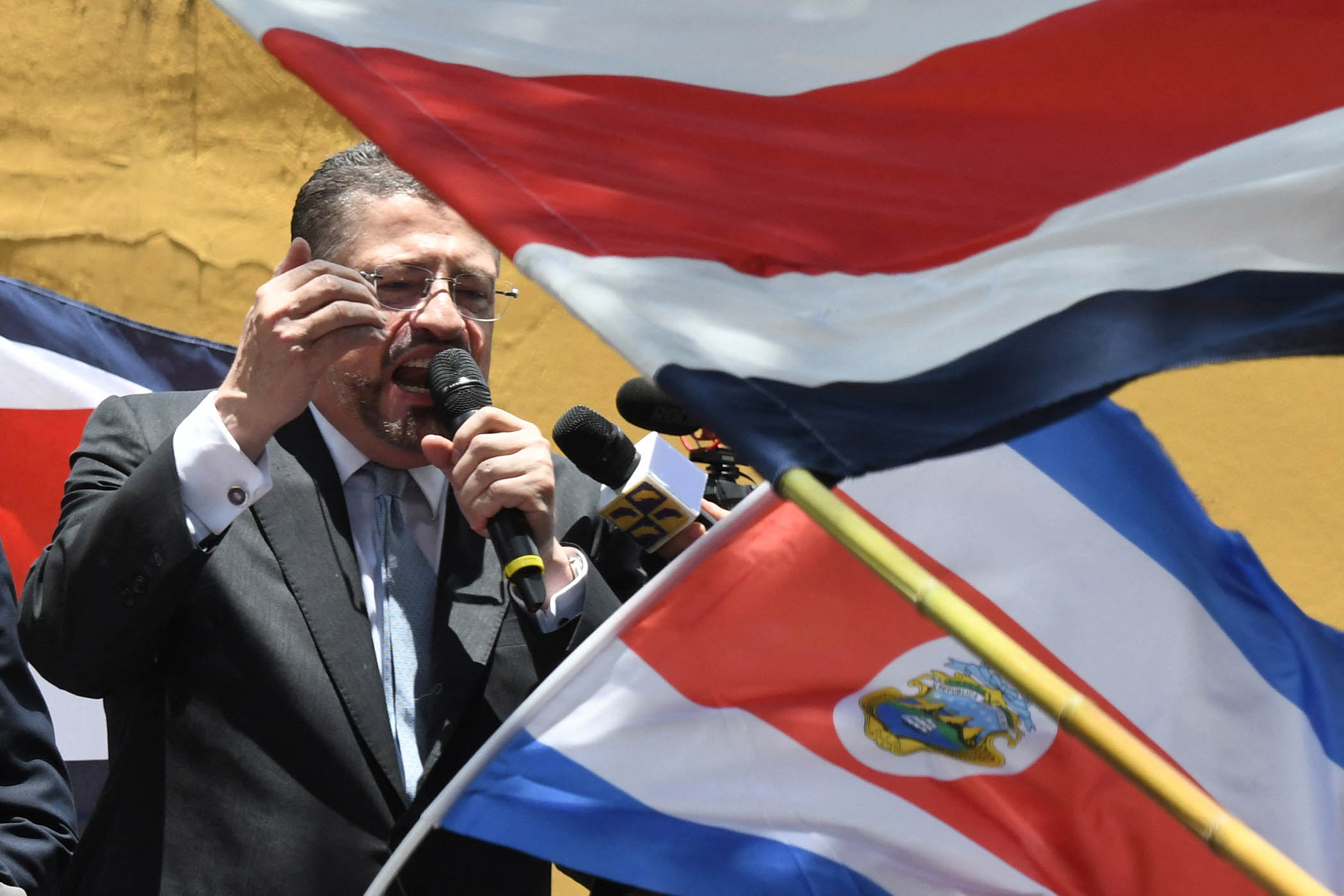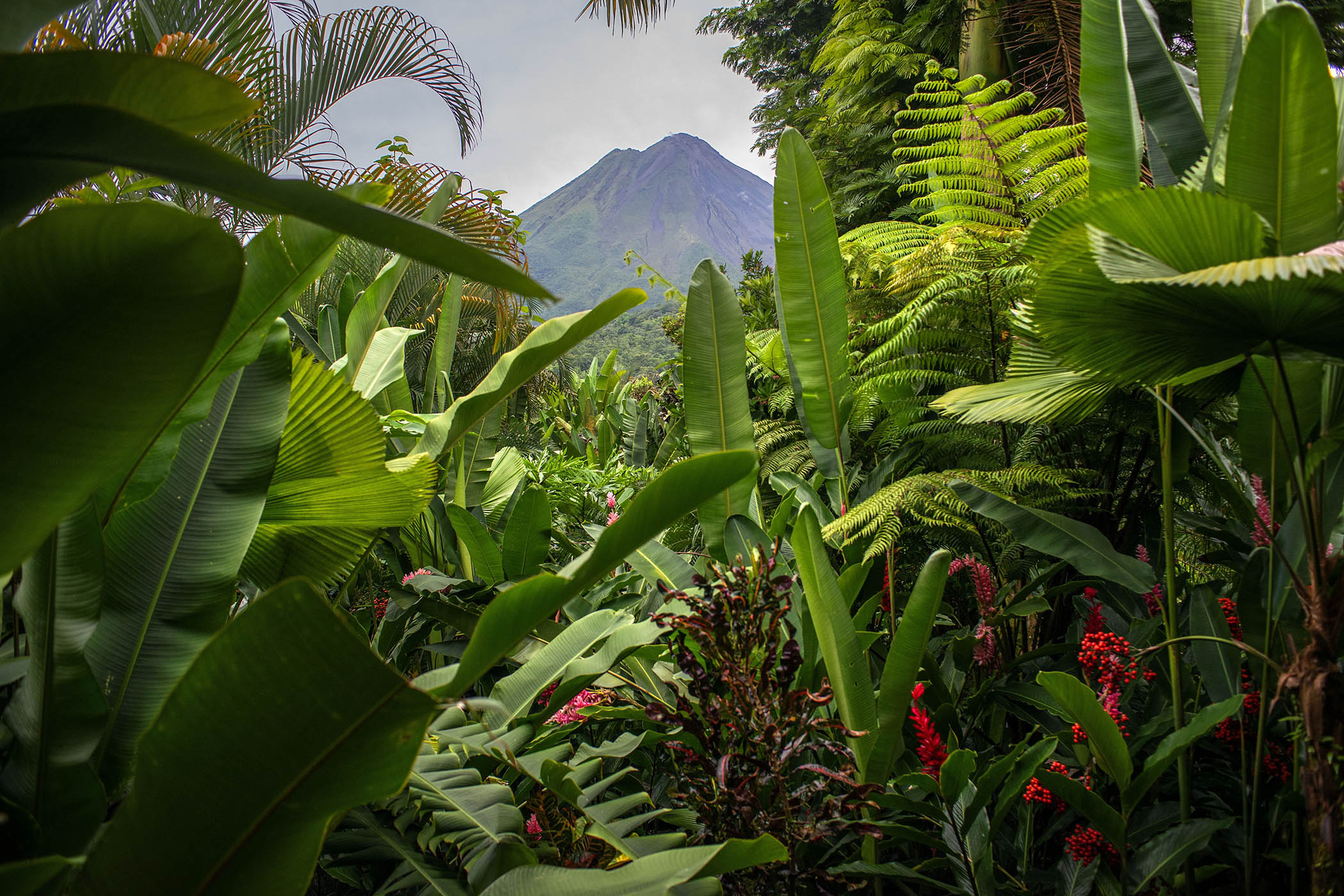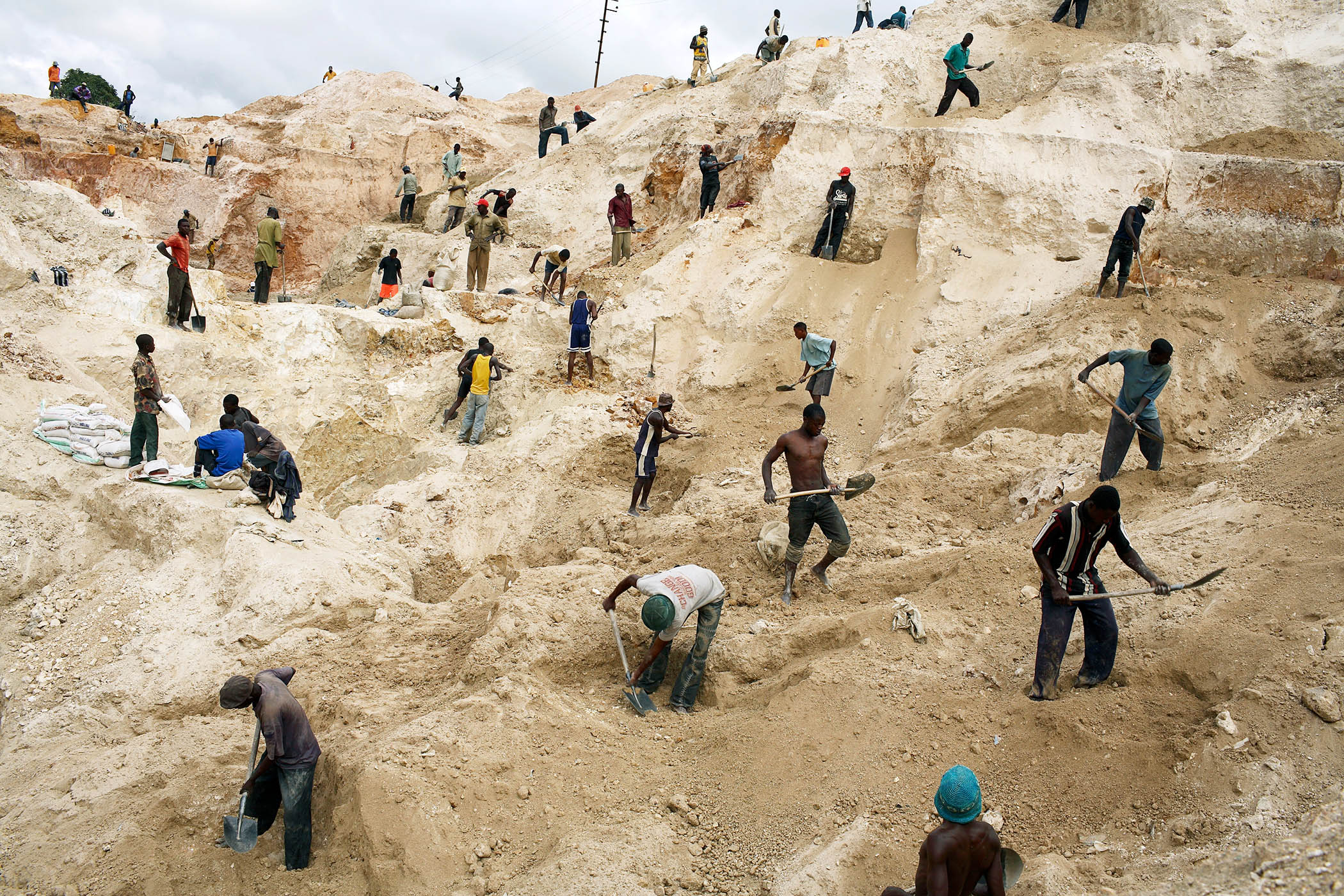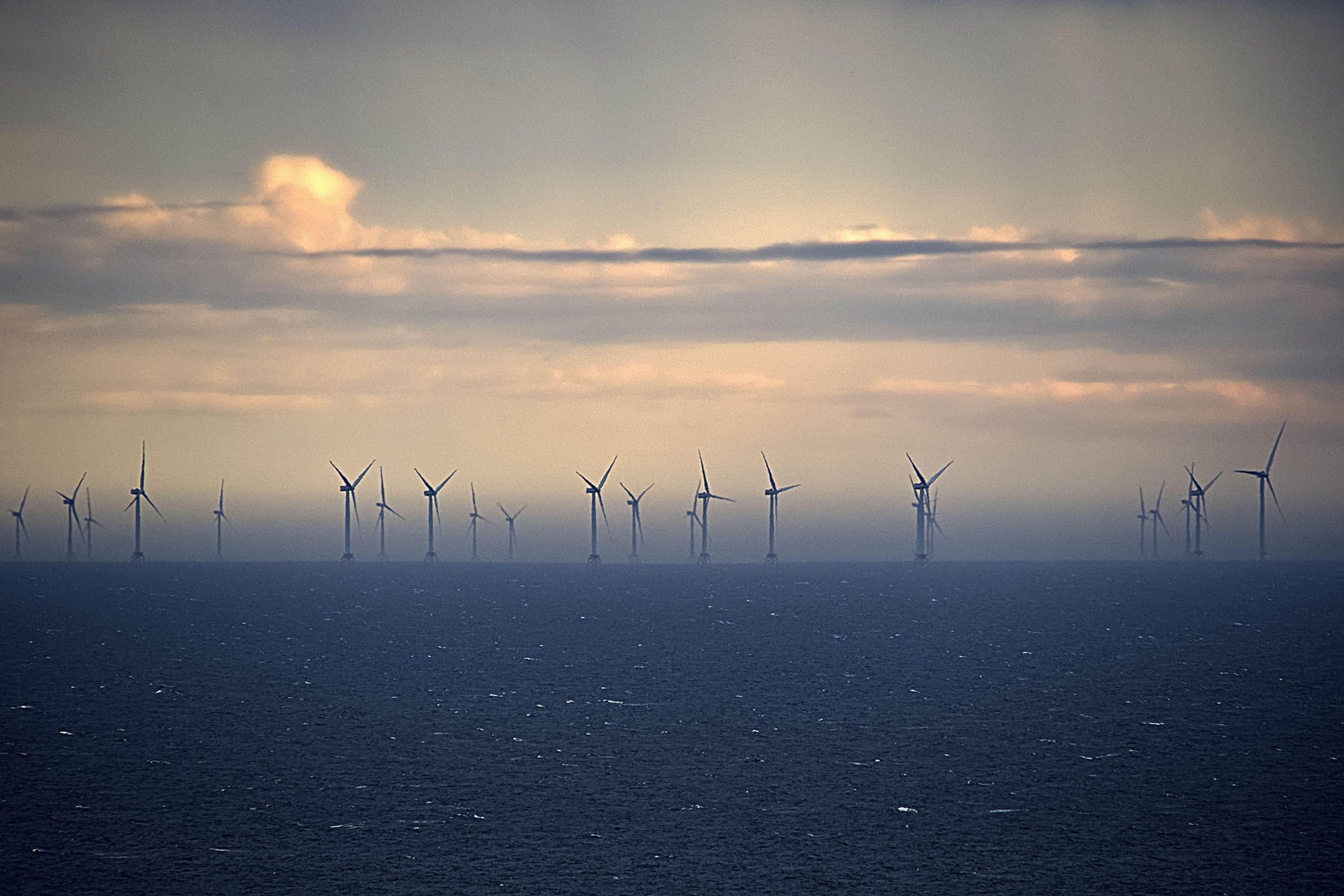More than a century ago, an oil company drilled an exploratory well on the Caribbean coast of Costa Rica.
That well is still there – a square pond in the jungle, slick and bubbling – but it stands as a kind of monument to the oil industry’s absence from Latin America’s greenest country, once described as a “hero among nations” for its climate leadership by Al Gore, the former US vice-president.
Indeed, a Costa Rican – Christiana Figueres – was the UN climate chief in 2015, when the Paris Agreement brought together almost every country in the world in a bid to keep global warming to below 2℃.
But 10 years later, as climate negotiators gather in Brazil for Cop30, the world seems set to blaze past that limit. Meanwhile, Costa Rica’s leadership is dimming: its president, Rodrigo Chaves, is even toying with new oil and gas exploration – and that’s just one way he is changing the course of the country.
“Neoliberals, conservatives, progressives, they all kept to the same environmental line,” said Adrián Martínez, director of La Ruta del Clima, an environmental NGO in Costa Rica. “But now there’s a new line of thought that breaks with tradition.”
For decades, Costa Rica had a green consensus. It placed a moratorium on oil and gas exploration. It banned open-pit mining. It stopped, then reversed, deforestation. And it made a big bet on tourism, which now provides 8.2% of GDP.
But Costa Rica was never quite the imagined paradise of its visitors. Away from the beaches and parks, there was inequality, corruption and violence. Public services were in decay and the political class short of ideas.
Then in 2022 a political outsider appeared: a Trumpian figure who walked and talked quite unlike a typical Tico, as Costa Ricans call themselves.
Related articles:
Chaves had lived outside of Costa Rica for most of his adult life, working with the World Bank for almost 30 years before resigning in 2019 after being accused of sexual harassment. He came back to Costa Rica to work as finance minister for Carlos Alvarado, the previous president – only to resign seven months later.

Costa Rican president Rodrigo Chaves speaks to supporters in August.
Chaves then embarked on a crusade against the establishment, launching his candidacy for the 2022 election with a vow to kick-start the post-pandemic economy. And he won – although many voters abstained.
Newsletters
Choose the newsletters you want to receive
View more
For information about how The Observer protects your data, read our Privacy Policy
Chaves has since set about attacking what he views as the dogmas of the old political elite, including the “fanaticism” of environmentalists, which have prevented Costa Rica from developing every natural resource it has.
“Costa Rica is not a country that ‘protects its environment and its forests and its seas’,” Chaves told France24 at the recent UN Ocean Conference co-hosted by his country and France. “Costa Rica is a country that uses economic rationality to kill the false dichotomy between development and growth and environmental protection, which is a romantic vision of the world.”
In practice, this has meant deregulation and the slashing of budgets for environmental institutions.
“Practically every institution has had its budget cut, in some cases drastically,” said Pascal Girot, a former climate negotiator for the country. “The logic is one of austerity. And it’s true the country is highly indebted. But it is the environmental and social services that are taking the hit.”
At the same time, old debates are being reopened.
The government could undo the moratorium on oil and gas exploration at any moment, and has resisted a proposed law along the same lines. It also declined to sign the Beyond Oil and Gas Alliance at Cop28 in 2023 – despite having co-founded it with Denmark – and approached Norway to ask for help to quantify Costa Rica’s oil and gas resources (Norway declined).
Open-pit mining – banned since 2010 – could also return. Crucitas, a gold resource near the border with Nicaragua, is currently being mined illegally by locals and criminal groups, at great environmental cost. The government wants to formalise and tax it, but environmentalists fear that allowing open-pit mining at Crucitas would open the door to its use elsewhere in the country.
‘People come from all over the world to visit Costa Rica’s national parks – not to see gold mines’
‘People come from all over the world to visit Costa Rica’s national parks – not to see gold mines’
Pascal Girot, former climate negotiator
The future of Costa Rica’s forests is also unclear. Public parks are being defunded, while the system that pays private landowners to preserve forest using taxes levied on fuel will need to find a new source of funding as the country moves to electric vehicles.
Chaves’s tirades against the system are evidently attractive for Costa Ricans for whom it has not delivered – his approval ratings exceed 50% – but Girot says the way he pits economic rationality against environmental “fanaticism” is misleading.
“We’re an OECD country that still sometimes thinks like an under-developed one: as if drilling oil and mining gold will lift us out of poverty,” said Girot. “When in reality this country lives off services, tourism and agriculture.
“People come from all over the world to visit Costa Rica’s national parks – not to see gold mines. Why do we need conservation? Because keeping the national parks in good condition is a motor of the economy.”
Nonetheless, Chaves has dealt a blow to Costa Rica’s credibility in international fora, like this month’s Cop30 in Brazil.
Besides not signing its own Beyond Oil and Gas Alliance, Costa Rica also declined to ratify the Escazú agreement, which sought to protect environmental defenders and was named after the San José neighbourhood where it was negotiated.
All of which makes Costa Rica’s 2026 election an important one. Chaves cannot run – the constitution forbids consecutive terms – but his hand-picked candidate could keep his party in power, perhaps with a greater number of legislators to advance his agenda, before he seeks a return in 2030.
Costa Rica’s climate reputation was built up over such a long time that it is enduring for now, said Girot. “But all of this is fragile,” he added. “And another four or eight years of systematic cuts could be critical.”
Photograph by Sergi Reboredo/VW Pics/Universal Images Group, Ezequiel Becerra/AFP via Getty Images


